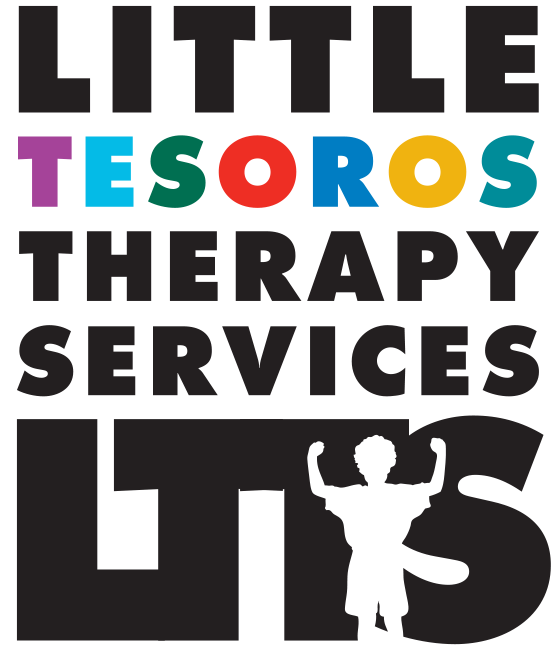Occupational Therapy

What is occupational therapy?
Occupational therapy is a treatment that focuses on helping people achieve independence in all areas of their lives and can offer kids with various needs positive, fun activities to improve their cognitive, physical, and motor skills and enhance their self-esteem and sense of accomplishment.
Some people may think that occupational therapy is only for adults—children, after all, do not have occupations. But a child’s main job is playing and learning, and an occupational therapist can evaluate a child’s skills for play activities, school performance, and activities of daily living and compare them with what is developmentally appropriate for that age group.
According to the American Occupational Therapy Association (AOTA), in addition to dealing with an individual’s physical well being, OT practitioners address psychological, social, and environmental factors that may hinder an individual’s functioning in different ways.
This unique approach makes occupational therapy a vital part of health care for some children.
“Little Tesoros designed a great team for our son. He receives physical, occupational and speech therapy, and all three of our therapists are kind, smart, experienced, and invested in his progress. My 10-year old thinks every appointment is a play date! The therapists are so fun that he doesn't realize that he’s working hard toward his goals.”
Katherine, mom to Spencer, age 10
Children with the following medical problems may benefit from occupational therapy:
- birth injuries or birth defects
- sensory processing/integrative disorders
- traumatic injuries (brain or spinal cord)
- learning problems
- autism
- pervasive developmental disorders
- juvenile rheumatoid arthritis
- mental health or behavioral problems
- broken bones or other orthopedic injuries
- developmental delays
- post-surgical conditions
- burns
- spina bifida
- traumatic amputations
- cancer
- severe hand injuries
- multiple sclerosis, cerebral palsy, and other chronic illnesses
One of the activities that occupational therapists can address to meet children’s needs is working on fine motor skills so that kids can grasp and release toys and develop good handwriting skills.
Occupational therapists also address hand–eye coordination to improve play skills, such as hitting a target, batting a ball, or copying from a blackboard.
An occupational therapist can also:
- help kids with severe developmental delays learn some basic tasks, such as bathing, getting dressed, brushing their teeth, and feeding themselves
- help kids with behavioral disorders learn anger-management techniques (i.e., instead of hitting others or acting out, the children would learn positive ways to deal with anger, such as writing about feelings or participating in a physical activity)
- teach kids with physical disabilities the coordination skills required to feed themselves, use a computer, or increase the speed and legibility of their handwriting
- evaluate each child’s needs for specialized equipment, such as wheelchairs, splints, bathing equipment, dressing devices, or communication aids
- work with kids who have sensory and attention issues to improve focus and social skills
For more information about occupational therapy please call us at 512-248-2422 or email us.
